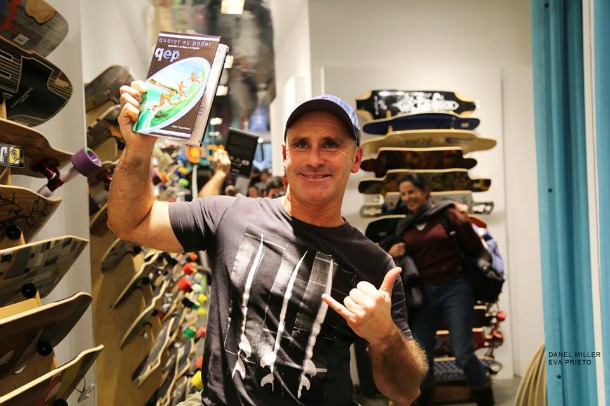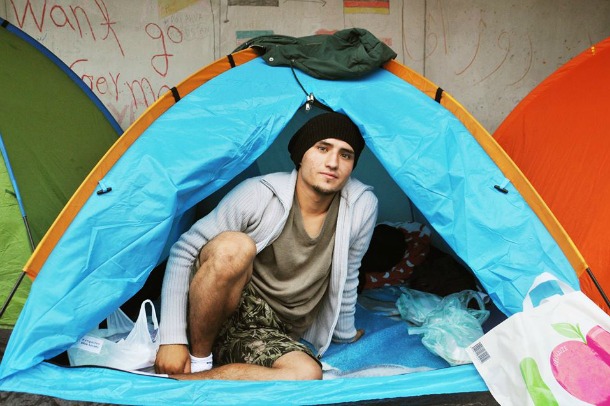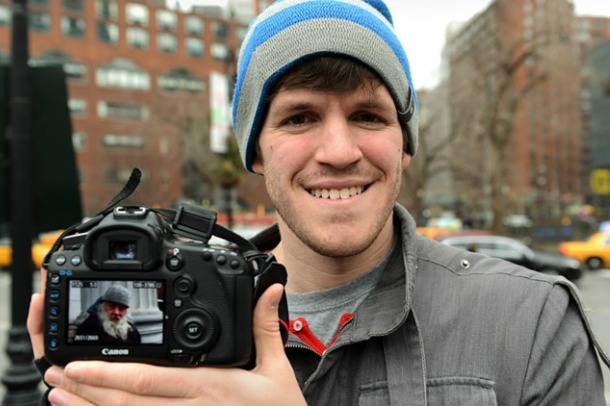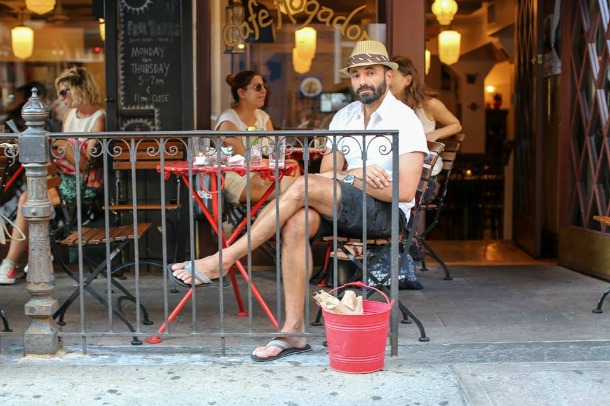…New York, Spain, Rome, the Refuge, Volunteering. Why do we prefer meeting people through Facebook posts than talking to them on the streets? Are we in need of everyday heroes? Like, share, comment – this is how we react while reading a heartbreaking story?
“Not long ago it looked like I was about to get everything. I was one of the first employees at a company that sold for a billion dollars. So I started a new company, and everything seemed to be going perfectly, but suddenly everything came apart. This has been the toughest year of my adult life. I went bankrupt, my company failed, and the person I was in love with died. I didn’t commit suicide – though I considered it. But my ideas of myself have definitely died. I thought I was better than everyone. I saw my success as the culmination of all my positive merits. Losing everything forced me to realize how much of my good fortune was due to things that had been given to me” – a rather typical post from Saturday evening from Humans of New York.
Pity, grief, disappointment, hope – just the beginning of the list of feelings a HONY post could possibly evoke in the viewers. And from the minute of posting, the motor of social media starts to work without control: people share the posts with their friends, they comment and add their similar personal story, or just wish lots of power to the unfortunate victim of the life and the photo.
Humans of New York (HONY) is a photoblog and bestselling book featuring street portraits and interviews collected in New York City. Started 5 years ago, in November 2010 by photographer Brandon Stanton, over 6,000 portraits have been gathered so far. The blog has over 15.6 million followers on Facebook and around 3.9 million followers on Instagram.
Since the launch of the New York City version several other countries and cities started their own page. Humans of India, Rome, Paris, Spain, Vilnius… All try to show their citizens, who are in some ways similar, in other ways different from their fellow Facebook post portraits on the other side of the world.

“I became blind two years ago. I’m a surfer as well as a surf instructor and coach. Before I became blind, I barely had time to breathe, I was so active. Afterwards, however, I found myself with more time so I wrote two books on how to surf and compete professionally. Since I lost my vision, I enjoy doing everything I can as intensely and as slowly as possible, especially the crash of the waves…” (Photo: Humans of Spain)
Besides the nation or city concentrated sites, even more specific “Humans of” communities have started in the recent years – sometimes with slightly different name, but similar concept. Travelers of Bucharest shows the capital of Romania from the tourist’s point of view. Homeless of Budapest introduces the people living on the streets. In the humanitarian crisis of the recent months more pages started in order to share the stories of the refugees arriving to Europe. Humans of the Refuge takes a wider perspective and posts international news, while the Hungarian version, Humans of Transit Zone concentrates more on the refugees arriving to Budapest.

“I’m 17 years old, and I came alone from Afghanistan by bus, on foot and with people, who bring other people to Europe. My family paid my journey for me to have a better life. I have two older brothers, they still live in Afghanistan. They also want to leave from there, but they have wives and children, and they don’t have enough money. I haven’t talked to them for a week, because someone stole my phone here.” (Photo: Humans of Transit Zone)
We are interested in knowing more about men, women and children living nearby, seeing through our neighbours’ window and hearing the difficulties or joys of people’s lives – this curiosity moves the Humans of… pages. Instead of taking the challenge to go and find out the stories ourselves, the online world just delivers everything to us as a package, no need to leave our comfortable couch.
Are we talking about a social project spread through the social network that makes us antisocial?
Even if in some ways it definitely brings us away from face to face meetings, the sites can surely cause positive effects. For some people, it is a push to break free from stereotypes. For others, the common feeling helps in dealing with hard times of their life.
“Looking at the site a viewer gets the sense that all New Yorkers are, at their core, kind of… the same. They are quirky and voluble, and have a story to share that’s both interesting (enough) and what we’d have expected” – argues the author of The Problem With Humans of New York article.
Is that really the case? And if so, is it a problem? Do the members of these communities look and talk alike, regardless how different personal stories they have?
At the end (of the day and our Facebook wall) everyone has the right to choose the way how to get to know people around them.


